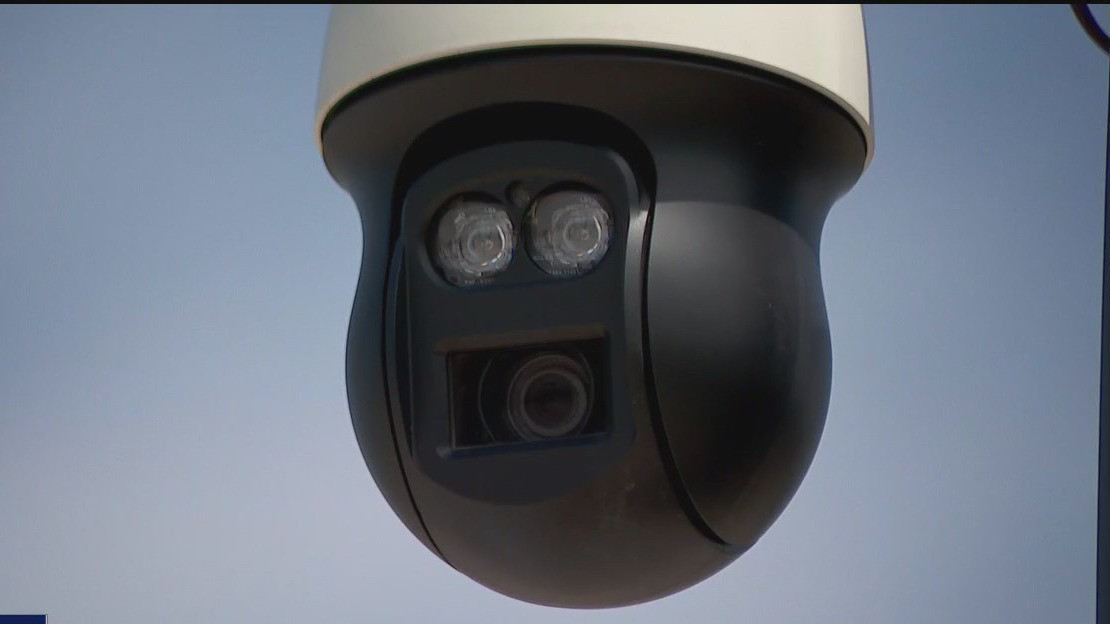Cameras could catch Minnesota speeders starting this summer

Cameras will catch Minnesota speeders starting this summer
Two Minnesota cities plan to start issuing speeding tickets from traffic cameras this summer. A 2024 law allows Mendota Heights and Minneapolis to test-run traffic safety camera programs.
MINNEAPOLIS (FOX 9) - Speeding tickets will be coming from cameras in Minnesota before the summer is over.
Camera tickets coming
Two cities testing:
Minneapolis is on the road to approving a vendor to run the traffic safety camera program, and they won’t be alone.
The city plans to roll out five of them in September and then up to 42 over the course of a four-year pilot program.
But it’ll be Mendota Heights with the first camera in action on Aug. 1.

Minneapolis considering traffic cam locations
Ahead of the implementation of cameras on traffic lights that could catch drivers speeding and running red lights, Minneapolis officials are holding public meetings to inform residents of potential first locations of the pilot program.
Traffic cameras sending speeding tickets may seem like Big Brother to some, but to Mendota Heights police chief Kelly McCarthy, they’re the least intrusive way to make sure streets are safe, and maybe the most effective.
"We can send an officer and then as soon as the officer leaves, behavior goes back to the problematic levels," Chief McCarthy said.
They’ll be the first city to use cameras to monitor speed under a 2024 law allowing just them and Minneapolis to put the cameras to the test.
Why do it?
Speed kills:
It’s a response to years of rising traffic deaths, most of which involved speeding drivers.
"We hope that we’ll get closer to the best cases we’ve seen in other communities where almost no one is speeding any more and that’s our goal," said Ethan Fawley, a Minneapolis Public Works employee who heads the traffic safety program Vision Zero.
MnDOT will also run up to four cameras in highway work zones starting as soon as this fall.
But their system is limited to giving out warnings.
Crime and punishment
Limited trouble:
Mendota Heights and Minneapolis will give warnings the first time cameras catch a driver at more than 10 mph above the speed limit.
After that, it’s $40 per ticket and $80 if you’re more than 20 mph too fast, still a lot cheaper than most speeding tickets, and they won’t go on your driving record.
"It’s hard to say it's a money grab," said Chief McCarthy. "We're going to lose money on this. We already have because we've been using this for years and just mailing out warnings."
Lots of tickets?
Maybe, maybe not:
The chief predicts they won’t give out more than 10 tickets a year because drivers will get notified of a camera’s location online and on street signage. But she hopes the program succeeds at reducing speeding, especially since the law also only allows cameras within 2000 feet of schools.
Minneapolis may have different expectations about the number of tickets and the revenue they bring, compared to the vendor’s $12 million dollar contract.
"We do anticipate starting in 2026 that will start to cover the contract and other operational costs," said Fawley.
The contract averages $3 million a year and at $40 a ticket, the city would have to give out 75,000 tickets every year to break even.

